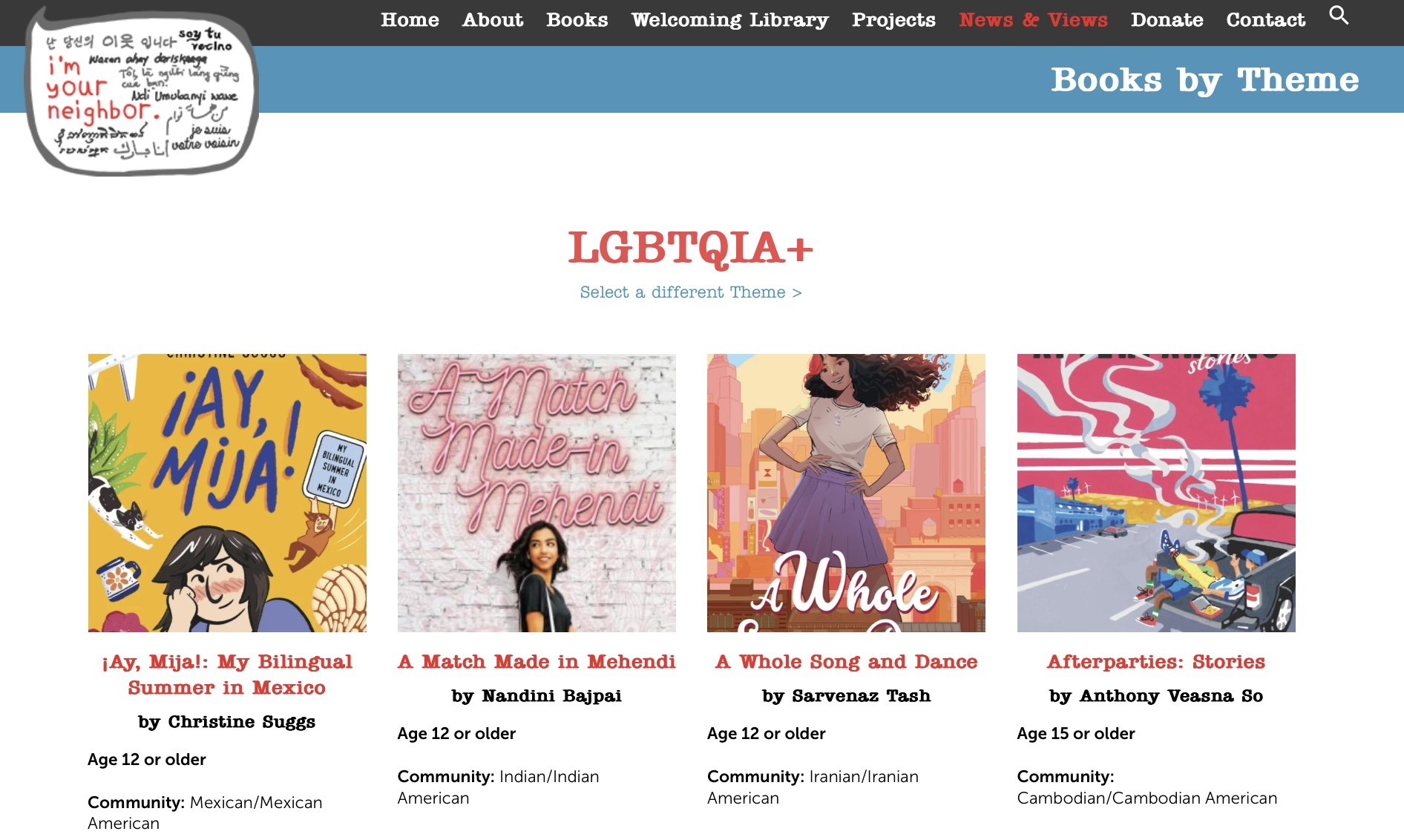LGBTQ+, Asian American Author On Why Book Bans Are Harmful
Marpheen Chann is the author of the memoir Moon in Full: A Modern-Day Coming-of-Age Story
“Soon, they’ll be shoving smut like this down our kids’ throats!”
You could hear hundreds of gasps fill the half-empty church as people leaned in to listen. Behind the preacher was an image of Heather and Her Two Mommies on not one but two projector screens looming over the traveling evangelist’s left and right shoulders.
There were no pews or stained-glass windows in this Pentecostal, evangelical church tucked away in a Maine town along Route 302 to Sebago Lake. Instead, 300 wine-colored chairs faced a gray carpet-covered makeshift stage from where the evangelist preached, hands clenching the podium as if the message he was about to deliver was too heavy a burden to bear.
The topic that day in 2009? Gay marriage.
I was a senior about to graduate from a Christian school affiliated with the church our family attended. The kicker was that I was also gay, closeted, and a Cambodian American teenager adopted into a white working-class evangelical family.
In this insular – and isolating – world of the church and Christian school community, there was no room for people like me to be our whole ourselves. And definitely no room for LGBTQ+ stories or even Asian American stories.
In fact, one of the books we were assigned was a collection of Rudyard Kipling’s poems, which included The White Man’s Burden wherein Kipling called on the “White Man” “To serve your captives’ need… Your new-caught, sullen peoples / Half devil and half child.”
Being Asian American, I felt “half” enough. If they knew I was gay, too, I'm sure shock therapy-ing the devil out of me would've been on the table.
“Maine is next on the gay liberal agenda,” The evangelist continued with a collusion of facial contortions that featured anger, shock, and horror.
And with a click of a button, a picture of then-Maine Governor John Baldacci signing Maine’s same-sex marriage bill into law splashed on the screen. This really got the crowd worked up, hands over their mouths and a sea of heads shaking in horror.
“The gay rights groups… and Barack Obama…” The evangelist seethed, pausing long enough to lean into the mic before saying the new president’s name with as much venom as he could muster. “They want to destroy the Judeo-Christian values America was founded on. They want to take away your rights as parents.”
In those days, there was more in the air driving the angst, besides gay marriage.
America had just elected its first Black president, and a general store owner in a neighboring town started asking folks to place bets on an assassination of President Obama. Some in the church might've protested, but most shrugged and passed it up as free speech.
The 2008 Financial Crisis hit families in Windham and surrounding rural areas hard. People lost jobs, development slowed, and trips to the new Lowe’s or to the Maine Mall and vacations to Florida were less frequent. Kitchen tables piled high with credit card bills, foreclosure notices, and medical debts.
There, too, was a drive for evangelical churches to resort to means that would help counter the downward trend of church attendance and spiritual backsliding in New England.
I absorbed the subtle and not-so-subtle fear-laced messages as a kid who had no way of knowing any better. I spent my years in middle school and high school living, breathing (or rather, suffocating), trying to exist in spaces that made no space for me. And I had no access to stories, literature, films, shows, and narratives that affirmed who I was. Gay. Asian American. Human, too.
That is what the current divisive discourse on book bans has triggered for me over the past year.
I ask school boards, teachers, parents, clergy, and public officials to oppose efforts to ban LGBTQ+ books and books from diverse perspectives. Reject these efforts as an act of love for thy neighbor.
What better way to show love to thy neighbor than to make them feel seen and heard through human stories that reflect who we are – with all our intersecting identities and lived experiences.
